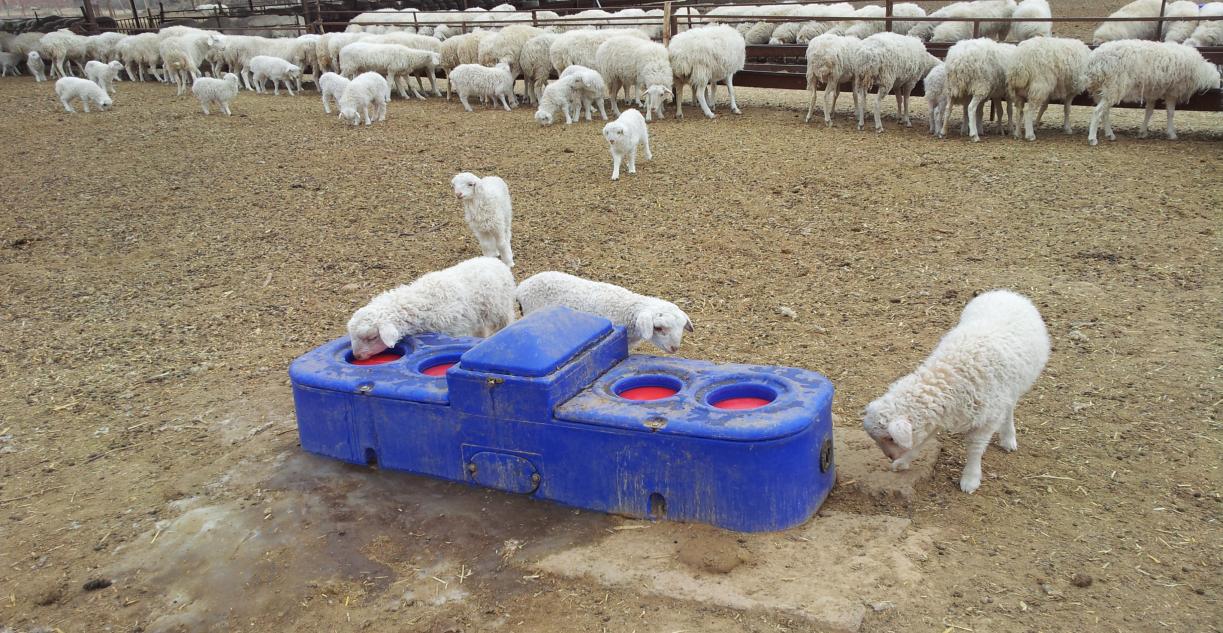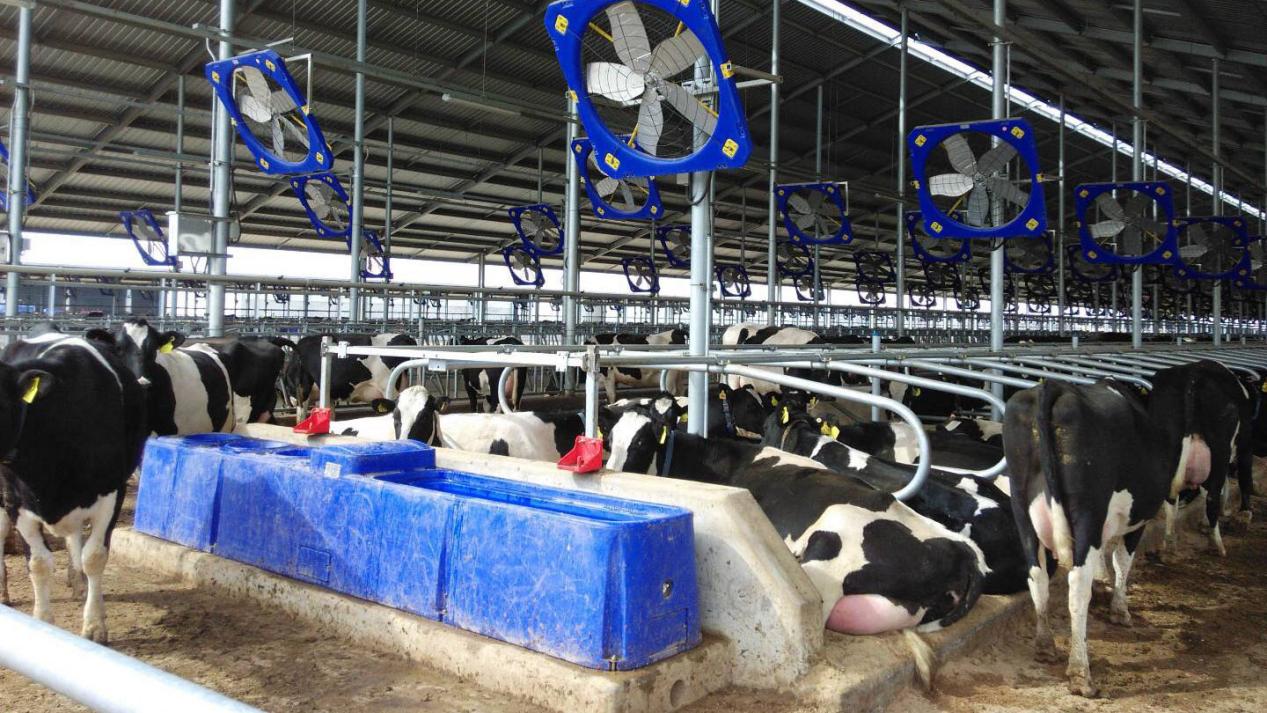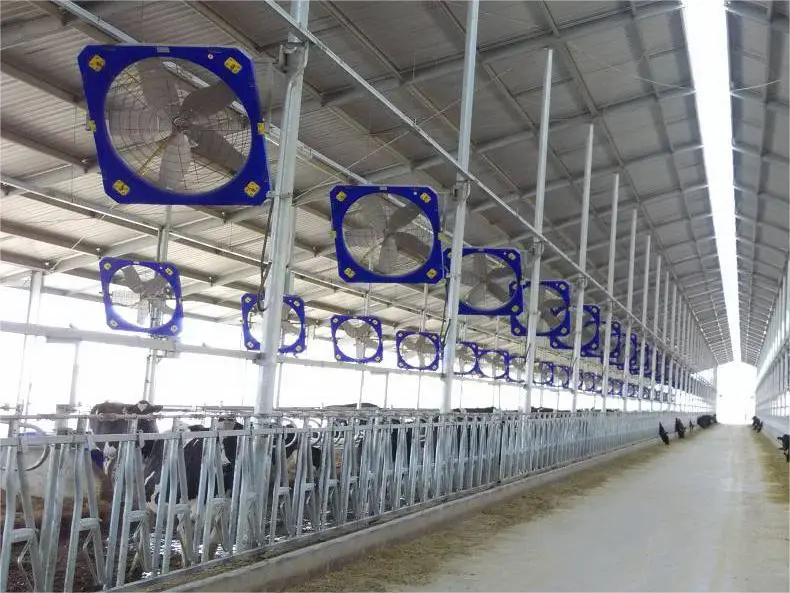Create Time: 08 ,15 ,2024
The Importance of Water to Cows
Drinking water is crucial for dairy cows. For every kilogram of milk produced, a cow needs approximately 3 to 5 kilograms of water. Insufficient water intake directly impacts milk production.
Water is also essential for digestion, nutrient metabolism, and overall bodily functions. Therefore, in dairy cattle feeding management, it's important to focus not only on providing energy, protein, minerals, vitamins, and trace elements but also on high quality pasture waterer.

Factors Influencing Water Intake of Cows
Several factors affect the water intake of dairy cows, including individual differences, milk production levels, dry matter intake, temperature, diet composition, and water quality. As calves and growing heifers age, their daily water consumption gradually increases. It's important to provide not only milk but also grain feed and clean water. Ensuring adequate water can be achieved through a continuous supply and free access to drinking water.

Key Points For Water Management In Dairy Farming
In modern large-scale farms, a loose housing system with intensive management is commonly used. Therefore, when supplying water, consider the cows' behavioral habits, drinking preferences, and space requirements to meet their needs effectively.
Ensure Adequate Drinking Water
In winter, provide a round-the-clock water supply to meet demand, increasing water intake by about 20% to boost milk production by over 3.5%. Adding beneficial animal feed fungi to the cows' water or feed can also improve digestive health and milk production, thanks to the probiotics they contain.
Reasonable Control of Water Temperature
For adult dairy cows, a water temperature of 12℃ to 14℃ is suitable. For lactating and pregnant cows, increase the temperature to 15℃ to 16℃. For calves up to one month old, maintain the water temperature between 35℃ and 38℃.
Ensure Drinking Trough Hygiene
The cleanliness of drinking water affects cow health and farming efficiency. Establish a sanitation plan with designated personnel to regularly disinfect water troughs and equipment. Disinfectants should be properly diluted and added to the drinking water according to guidelines, and water dispensers should be thoroughly rinsed to ensure cleanliness.
Choose the Right Waterer for Your Farm
 English
English  中文
中文  日本語
日本語  français
français  Deutsch
Deutsch  Español
Español  русский
русский  português
português  العربية
العربية 








